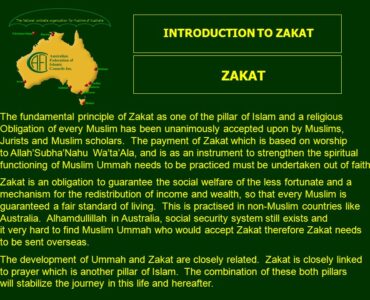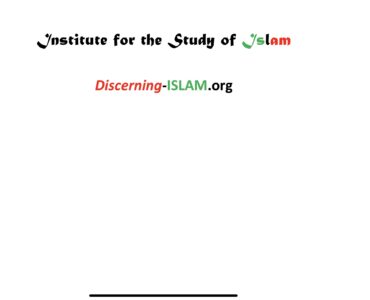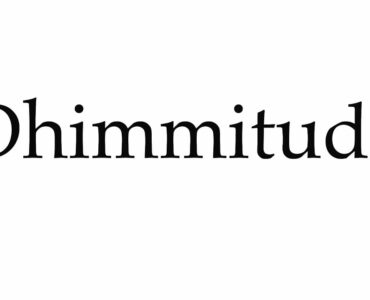
Ahmad Kasravi
Aḥmad Kasravi (1890–1946) was a major historian of modern Iran, political thinker, iconoclastic secularist, and founder of an ideological school named the Āzādigān (Freedom) Society.
Kasravi was born into a traditional middle-class family in TabrĪz and raised for the clerical profession. But in his late youth he broke with Islam in general and the Shīʿī ʿulamāʿ in particular. This breach was prompted in part by the local clergy ’s opposition to the Constitutional Revolution (1905–1909) and in part by the failure of the traditional sciences to calculate the movement of the stars, particularly the 1911 arrival of Halley ’s Comet. This led Kasravi to study Western astronomy, which in turn led him to explore rational-scientific thought, especially that of the French Enlightenment.
Leaving the clerical profession, Kasravi served as a civil judge until 1929, when he was dismissed for ruling in favor of small landlords expropriated by Reza Shah. He also taught for a while in Tehran University, until he was removed for openly criticizing Ḥāf iẓ , Saʿdī, Khayyām, and other mystic Persian poets. He criticized them for using esoteric language and for advocating fatalism, wine drinking, and homosexuality.
From 1932 until his assassination in 1946, Kasravi single-mindedly devoted himself to developing a civic ideology stressing the importance of social solidarity and national integration. He termed this ideology Pākdīn (Clean Religion). He argued that Iran’s backwardness was not so much a result of foreign intervention and despotic governments — although both, he admitted, played a role — but a result of individual egoism overriding social altruism and factionalism dividing the nation along sectarian lines. He enumerated these factional cleavages as tribalism, regionalism, linguistic communalism, and religious sectarianism — especially the Bahāʿī faith, Sufism, Shaykhīyah, and, most serious of all, Shiism. He also argued that the recent introduction of Marxism into Iran was further dividing the country along class lines.
He hammered away at these themes in over fifty pamphlets as well as in his journals Paymān (The Promise) and Parcham (T he Flag). Even his monumental history of modern Iran — Tārīkh-i mashrūṭah-yi Īrān (The History of the Iranian Constitutional Movement) and Tārīkh-i hījdah Ṣalāḥ-yi Āzarbayjān (Eighteen-Year History of Azerbaijan) — was written to stress the importance of national integration and social solidarity. As he admitted, he had undertaken the work to show that Azerbaijan was an integral part of Iran, that the reform movement had been damaged by social conflicts, and that the 1905 revolution had been shipwrecked on the dangerous rocks of factionalism (“Again Concerning Azerbaijan,” Parcham, December 6, 1942).
Kasravi directed his sharpest attacks at Shi’ism. He denounced it for having begun as a dynastic power struggle; for imposing itself on Iran during the Ṣafavid era (1501–1722) through sheer terror; for falsifying history by inventing the Twelfth Imam (Mahdi) and claiming that he had gone into occultation (ghaybah); for undermining the legitimacy of the state by questioning its authority to levy taxes and impose military conscription; for encouraging mendacity through the practice of taqīyah (dissimulation); for implicitly opposing democracy and popular sovereignty by claiming that true sovereignty lay with the Hidden Imam and his deputies, the mujtahids; and for insisting that the faithful should blindly follow their clerical leaders. He also denounced Shi’ism for perpetuating “medieval superstitions” such as that the imams predated the universe; that the dead imams resided in their tombs, listened to pilgrims, interceded on their behalf with Allah, and even cured incurable diseases — something that even the Prophet had never claimed. He further noted that the Shīʿa had taken their concept of the Mahdī from Christianity and Zoroastrianism.
Not surprisingly, Kasravi aroused the wrath of the ʿulamāʿ. Ayatollah Ruhollah Khomeini, in his very first political work, Kashf al-asrār (Secrets Unveiled, 1943), defended the traditional Shīʿī doctrines against Kasravi. Other clerical leaders declared him an “apostate” and claimed that the Āzādigān Society, in its periodic book-burning sessions, was incinerating not only Ṣūfī poetry but also the Holy Qurʿān. In March 1946, Kasravi was assassinated by a member of the fundamentalist Fidāʿīyān-i Islām. Years later, Khomeini described Kasravi as an “excellent historian” who had later gone “crazy,” claiming to be a prophet sent to establish a new religion (Kayhān, July 19, 1980). Khomeini always featured Kasravi’s History of the Iranian Constitutional Movement prominently in his study.
In Summary
Historian and political thinker. Founder of Azadigan (Freedom) Society. Argued that Iran’s backwardness was due to divisions along sectarian lines, rather than foreign intervention or despotic governments. Attacked tribalism, regionalism, linguistic communalism, religious sectarianism, and socioeconomic classes as divisive factions. Denounced Shi’ism as a dynastic power struggle and a tool of terrorism for the Safavid dynasty. Asserted that Shi’ism was a falsification of history due to its claims about the status of the twelfth imam, its opposition to the state’s authority as well as to democracy and popular sovereignty, and its insistence that the faithful should blindly follow clerical leadership. Strongly opposed by the ulama, who declared him an apostate. Assassinated in 1946 by a member of the fundamentalist Fidaiyan-i Islam.
Ahmad Kasravi
405 – 010-a
https://discerning-Islam.org
Last Update: 02/2021
Copyright © 2017-2021 Institute for the Study of Islam (ISI) | Discerning-Islam.org | Commentaries on Islam | Values In The Marketplace | are considered “Trade Marks and Trade Names” ®️ by the Colorado Secretary of State. All Rights Reserved.



